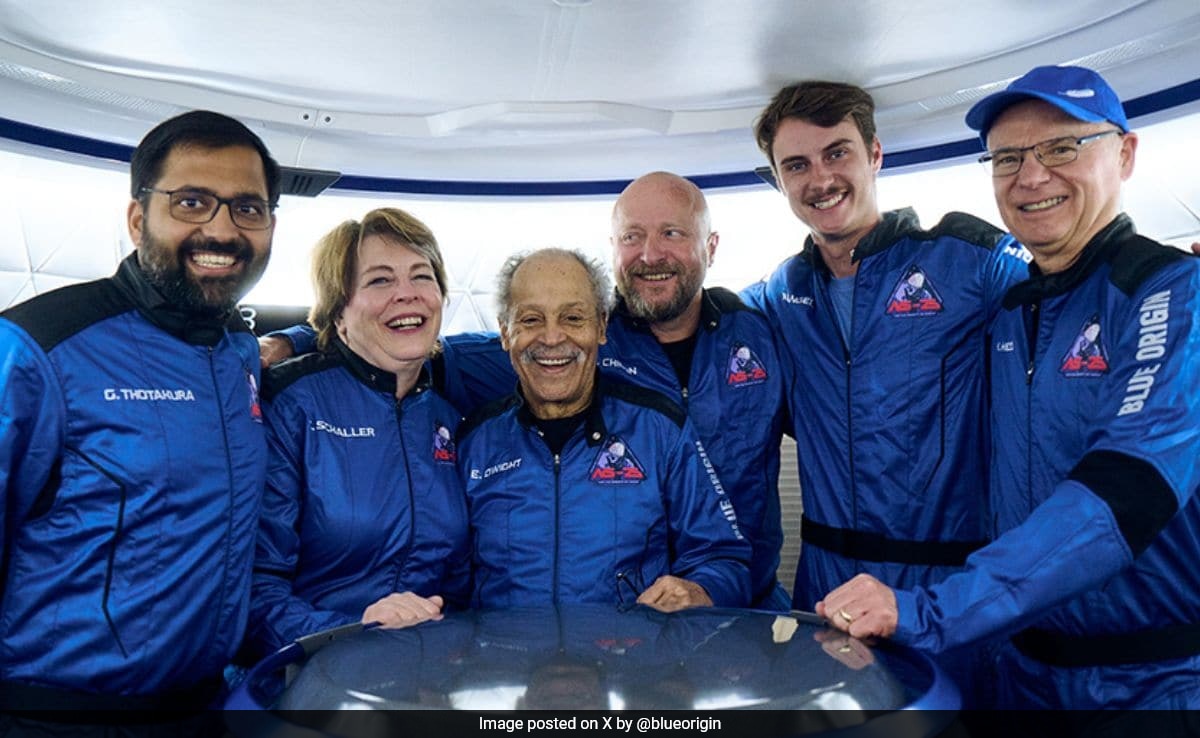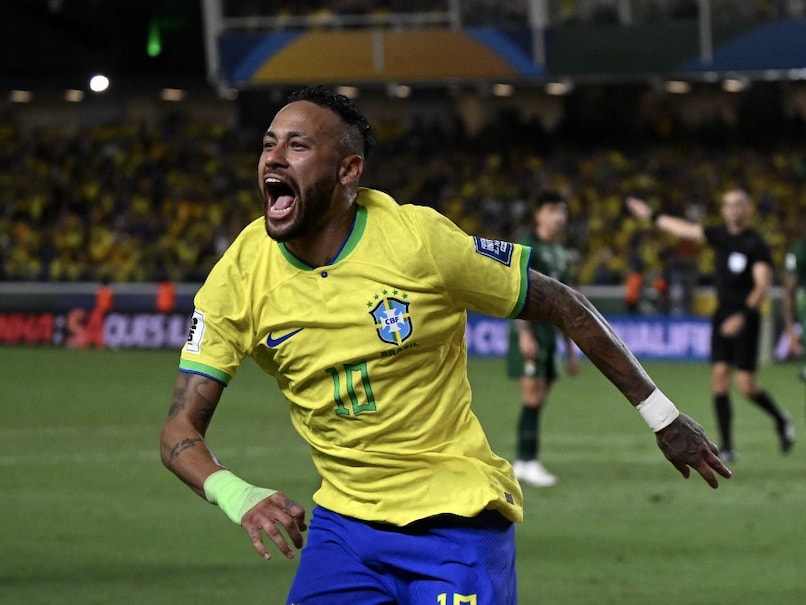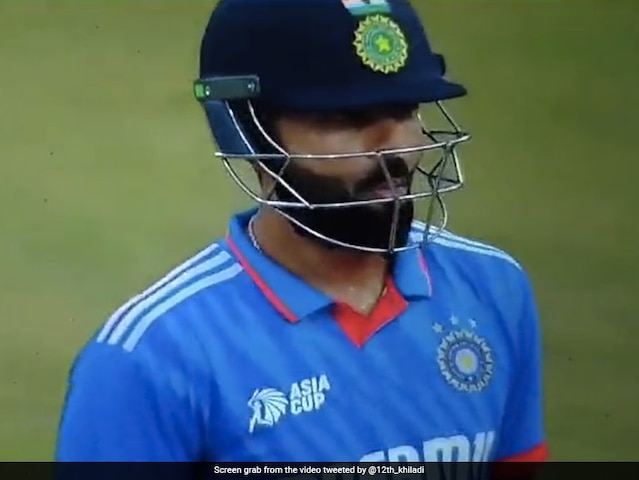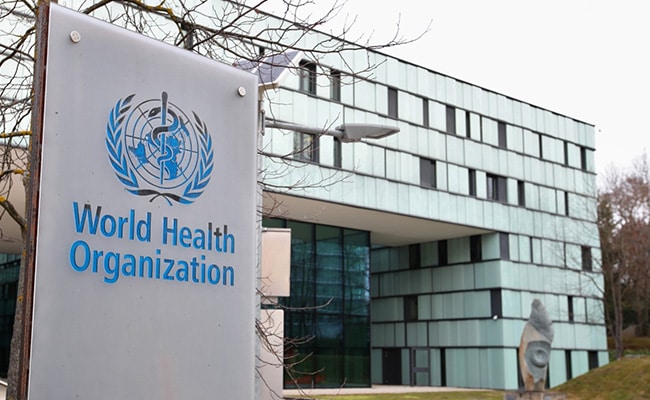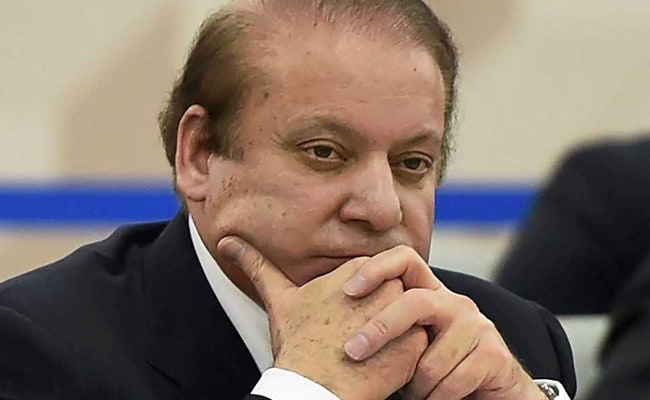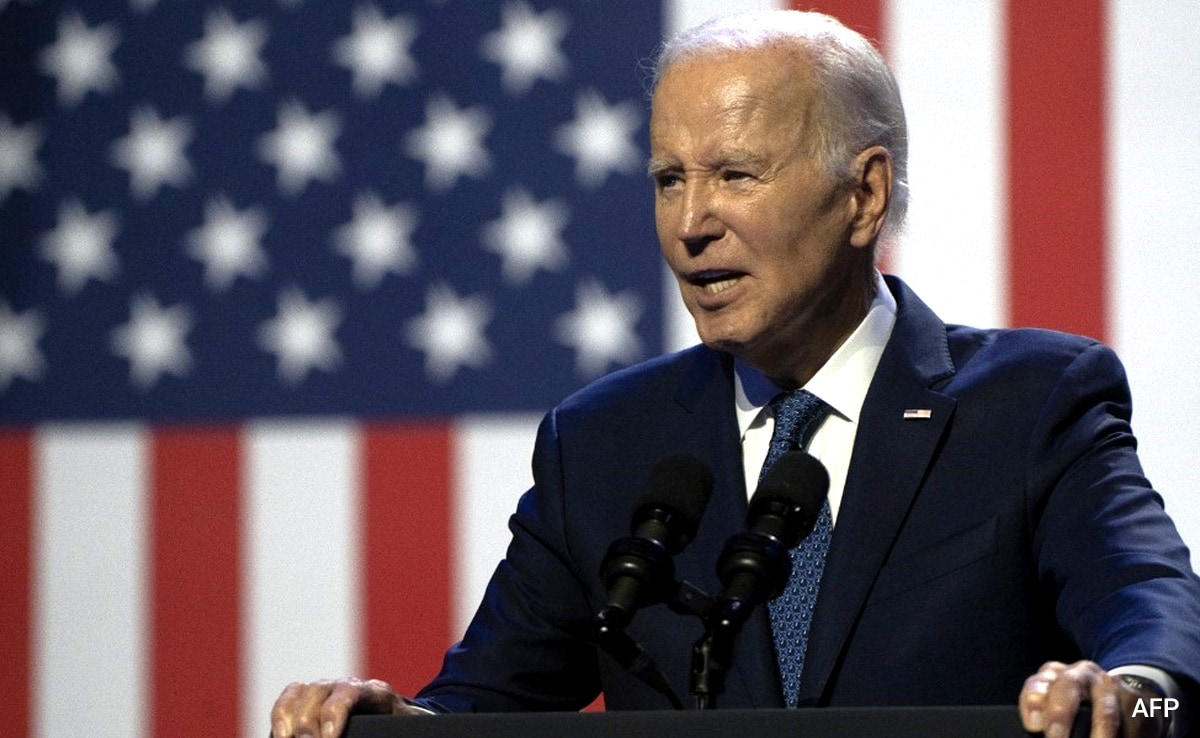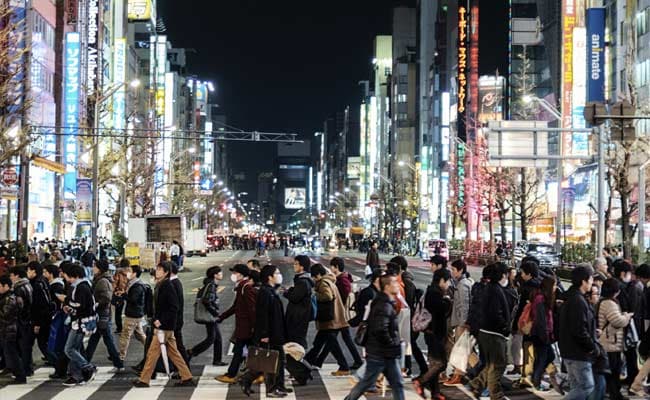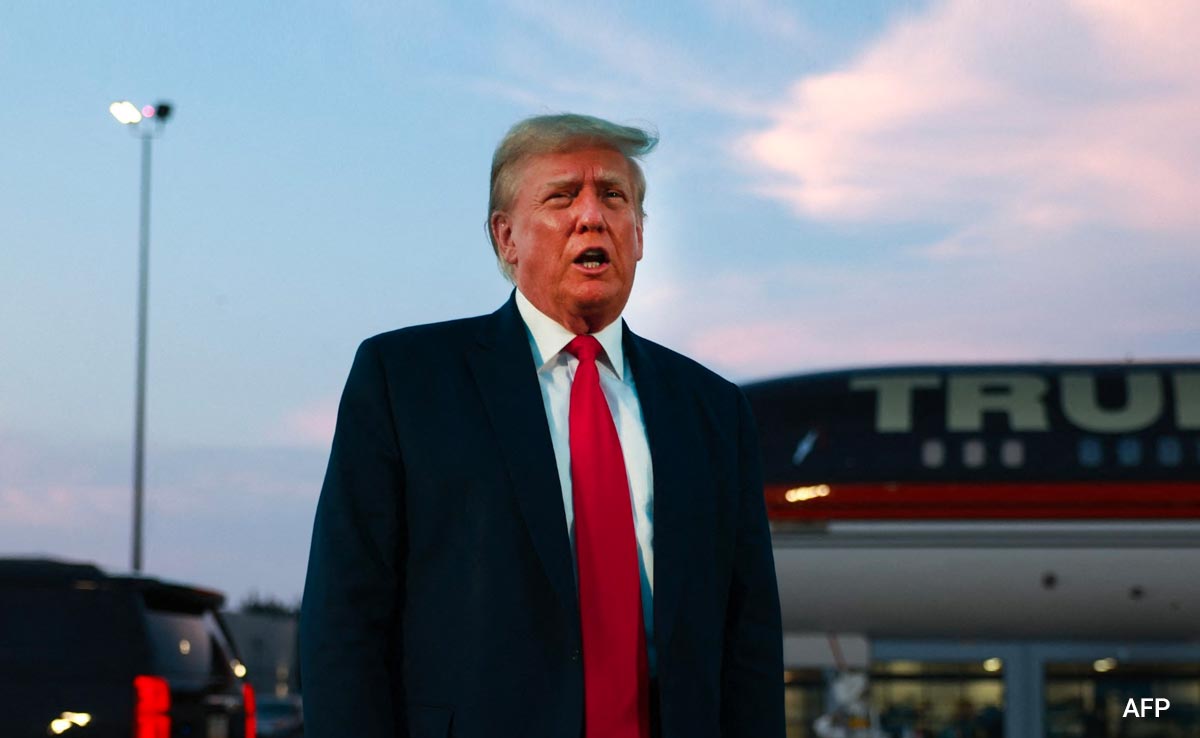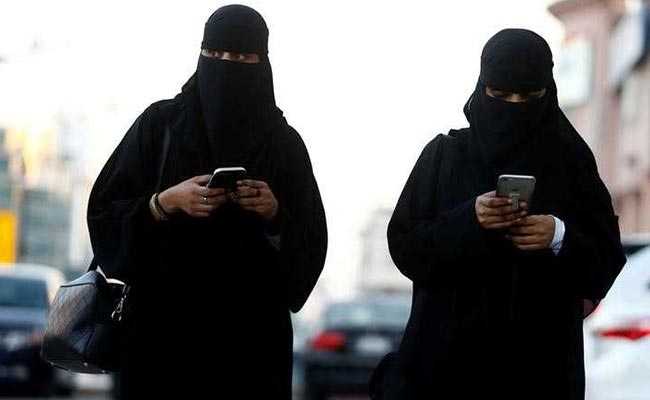People in Singapore will vote on September 1 to elect the country’s ninth President, with former Minister Tharman Shanmugaratnam hoping to be the next Indian-origin Singaporean head of the state in a three-way contest.
Mr. Shanmugaratnam, 66, an Indian-origin Singapore-born economist, formally launched his presidential campaign last month with a pledge to evolve the country’s culture to keep it a “shining spot” in the world.
He is one of the three candidates chosen under strict criteria. Singapore has a stringent qualification process for candidates vying for the presidency.
This will be Singapore’s first contested presidential election in years. On August 11, Singapore said it will hold the presidential election on September 1 if more than one person qualifies to run for the highest office.
If only one candidate had become eligible for the post, he or she would have been declared President on nomination day on August 22.
This year, candidates from all races can vie for the post but they cannot be affiliated to any political party on the date of nomination.
Mr. Therman, who joined politics in 2001, has served in the public sector and ministerial positions with the ruling People’s Action Party (PAP) for over two decades. Chinese-origin Singaporeans Ng Kok Song and Tan Kin Lian are the other two contenders.
Mr. Ng, 75, is a former chief investment officer with the Government of Singapore Investment Corp (GIC) and former NTUC Income chief.
Mr. Tan, 75, is the former chief of the NTUC Income, also a state-owned union-based insurance group.
“The role (of President) is an elected one, it pertains to state resources, the symbolism of the state, and responsibilities, even if the presidency has curtailed discretion,” said Associate Professor of Political Science Chong Ja Ian at the National University of Singapore (NUS).
“These qualities make the position political by nature, even if the people running for office and who hold office do not have a formal political party membership,” he said.
Mr. Tharman supports his qualification to be the next president of the prosperous state by citing his international experience across various fields including pandemic preparedness and human development.
He also has experience in the government and with the city state’s foreign reserves, estimated to be over Singapore dollars 2 trillion.
“Put quite simply, I know the whole system of safeguarding and using the reserves inside out. No one can fool me,” The Straits Times newspaper quoted him as saying. Mr. Ng offered his three qualifications – competence and experience from his time at GIC and the Monetary Authority of Singapore, the de facto central bank, his non-partisan status, and his being a person of trust and responsibility.
Mr. Tan pointed to his 30-year experience as chief executive of NTUC Income.
While Mr. Ng and Mr. Tan have maintained their “no-political affiliation”, Mr. Tharman, who served as Singapore’s Deputy Prime Minister between 2011-2019, resigned in July from public and political posts to run for the presidency.
Sellapan Ramanathan, popularly known as S.R. Nathan, a Singaporean politician and civil servant of Tamil has served as the president of Singapore. In 2009, Mr. Nathan surpassed Benjamin Sheares to become Singapore’s longest-serving president.
Chengara Veetil Devan Nair, better known as Devan Nair, served as the third President of Singapore from 1981 until his resignation in 1985. Born in 1923 in Malacca, Malaysia, he was the son of a rubber plantation clerk, who was originally from Thalassery, Kerala.
“I believe I can now best serve Singapore not in politics, but as the President, standing above politics. I have therefore resigned from the PAP, and as Senior Minister and all my other positions in government to run in the election,” Mr. Tharman wrote in an open letter to Singaporeans.
“I have made this decision because the challenges our country faces will grow. The Elected Presidency will be critical. The challenges are not merely about today. We are in a time of transition, both in Singapore and internationally. We are moving into a new era,” he said.
The world is increasingly divided and unstable. Global crises – economic, geopolitical and environmental – are already breaking out more often. They will test all countries and especially smaller countries like Singapore, he said.
Singapore, with no resources, sits in the midst of resource-rich Asia and has grown into an Asian financial hub with links to the world’s two largest markets – China and India.
“At home in Singapore, we are becoming a democracy with more diverse views. I regard this as inevitable and healthy and have said so repeatedly. But our real challenge as Singaporeans is to ensure that this diversity of views does not lead us to a more divided society, like many others,” Mr. Tharman said.
“We must be a democracy with more space for different views and civil society, but a strong centre that gives confidence in the future,” he said.
Mr. Tharman is married to Jane Yumiko Ittogi and has four children.
Mr. NG says he has spent 45 years in public service at MAS and GIC in building “our reserves and I will protect it”. He has a fiancee Sybil Lau, a 45-year-old Singaporean of Canadian origin.
Mr. Tan is married to Tay Siew Hong and they have three children.
More than 2.7 million voters are eligible to cast a ballot. Chinese people account for about 75% of Singapore’s multi-racial population. An estimated 13.5% are Malays and about 9% are Indians, with others making up the rest.
Incumbent President Halimah Yacob’s six-year term will end on September 13. Elected in 2017, she is not seeking a second term.
She is the country’s eighth and first female President. The 2017 presidential poll was a reserved election, in which only members of the Malay community were allowed to contest.
Ms. Halimah was named President then as there were no other candidates. The first presidential election in Singapore was held on August 28, 1993.


